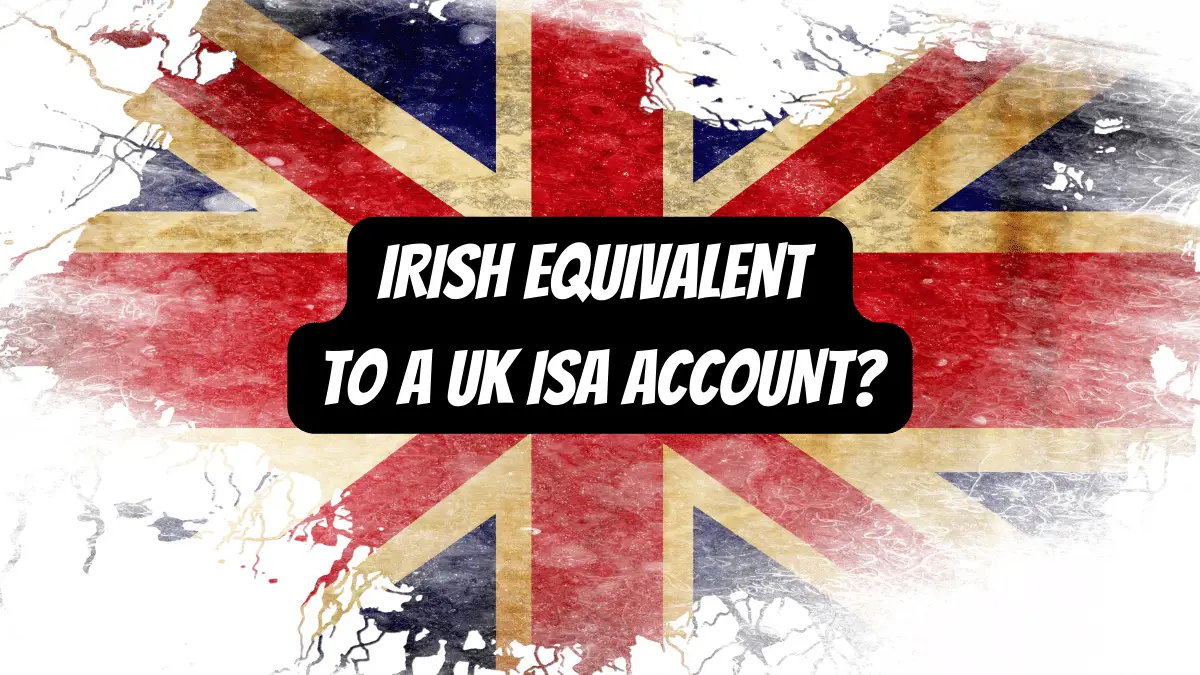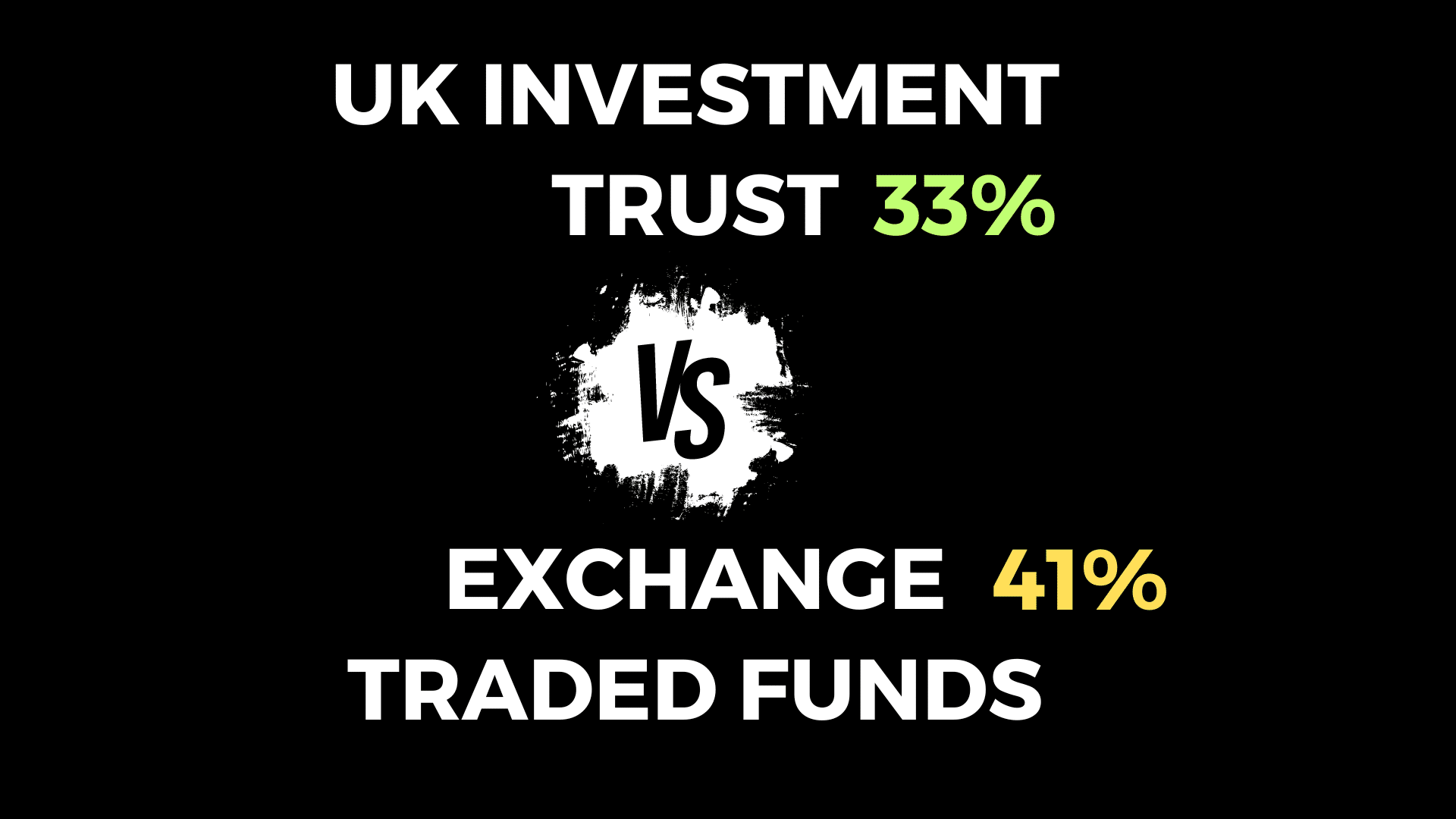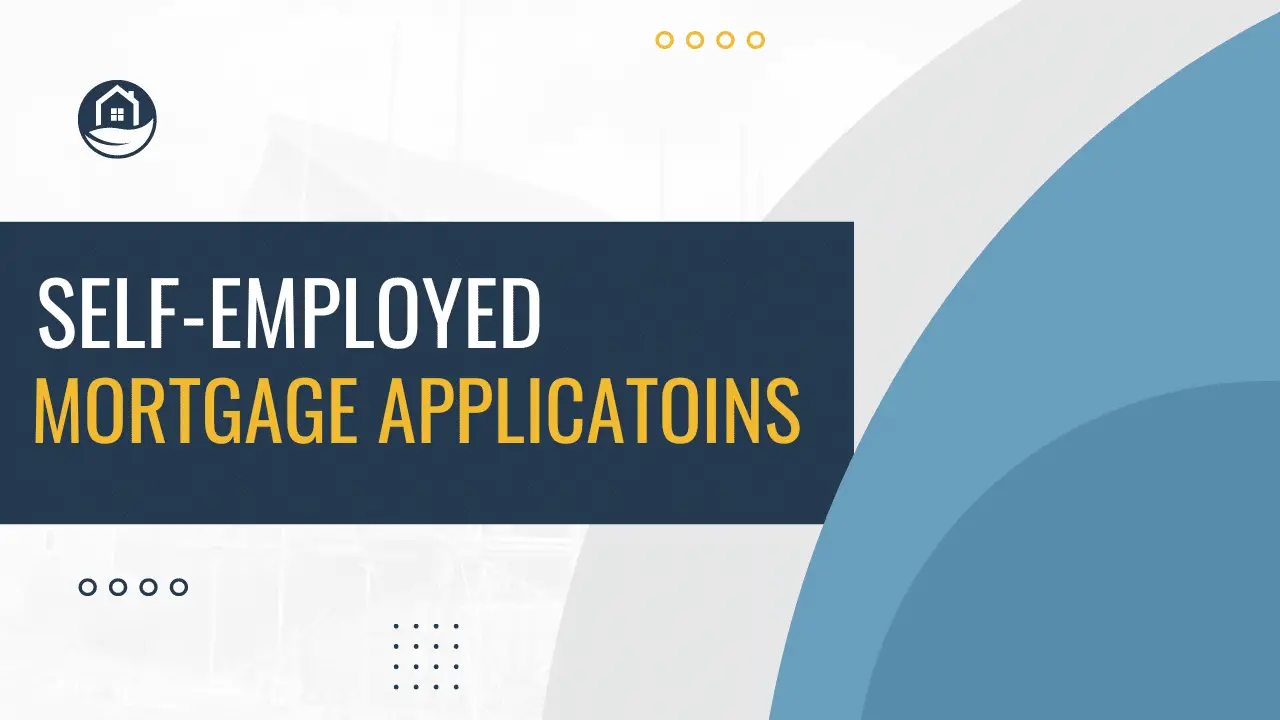In the UK they have Investment ISA accounts and in the US they have Roth IRAs, but what have we got in Ireland to help us invest in a tax-efficient way as possible?
It is common for Irish people interested in investing their money to seek guidance from big personal finance YouTubers that are from outside the Isle of Ireland.
This can lead to a lot of confusion among Irish investors.
I often get asked the question, how can I open an ISA account in Ireland? This typically comes from the younger retail investors who have taken to investing in the last two years due to the hype around GameStop and Cryptocurrencies.
Apart from the tax benefits, the biggest appeal of these ISA accounts is that the investor gets to manage everything themselves and they are not handing it over to some investment firm that will take a large cut.
Well in this blog post, I am going to try and clear up any confusion that might be out there and give you a clear guide on what we can currently do in Ireland.
Although we have a shared history with the UK and have very similar laws, when it comes to taxing investors there is a completely different approach.
What is an ISA Investment Account?
Firstly, let us briefly have a look at what an ISA Investment account is.
There are 4 different types of ISA accounts:
- Cash ISAs
- Stocks and Shares ISAs
- Innovative Finance ISAs
- Lifetime ISAs
I will be focusing on the Stock and Shares ISAs in this blog post as they will be the most relevant to you all.
A Stocks and Shares ISA is a very tax-efficient way for UK tax residents to invest their money. Investors can currently deposit £20,000 into their ISAs and invest it as they wish each tax year.
Any dividend income or capital gains will not be subject to any tax once you don’t go over the limits. Only physical cash deposits into the ISA count towards the £20,000 annual limit and your investment account can grow much larger than this through dividend income and capital appreciation and still be completely tax-free.
Even better, you can take money out of the ISA at any time without losing the tax benefits.
Investors won’t face any specific fees for opening an ISA account and will only have to pay the regular brokerage fees similar that are incurred when trading normally.
It is a pretty sweet deal for those in the UK right?
What has Ireland got to offer?
The closest thing available to an Irish Investor is a Personal Retirement Savings Account or PRSA for short.
As the name suggests this is a method of saving for your retirement as opposed to being used for short term savings to buy a property etc.
A PRSA is probably the most tax-efficient place to put your money in Ireland as it gives you an instant return on your money of 66% if you are on the higher tax brackets (Earning more than €36,800 per annum).
To give you a quick overview of the key differences between a PRA and a UK ISA account check out the below table:
| UK ISA Account | PRSA | |
|---|---|---|
| Suitable Time Frame | Short, Medium and Long Term | Long Term |
| Tax on Contributions | Contributions are made from post-tax income | Get tax credit 20%/40% on contributions |
| Contribution Limits | £20,000 per annum | Tax credits only on a specific % depending on age – but you can still contribute more |
| Tax-Free Growth? | Tax-free | Tax-free |
| Withdrawals | Withdrawals are tax-free | Max €200k Tax-Free at retirement (age 60 at the earliest), the remainder will be subject to income tax |
| Can Your Employer Contribute? | No | Yes |
| Can you manage your own investments? | Yes | Yes but not many options are available |
As you can clearly see from the table, the UK ISAs are more flexible and short term although the Irish PRSA will give you good tax benefits you won’t have access to the cash until you retire.
In terms of how much you can contribute to your pension and still get a tax benefit, this will depend on your age.
Below is a table showing the % of your income (one source) that can contribute to your pension and avail of the income tax relief.
| Age | Percentage Limit |
|---|---|
| Under 30 | 15% |
| 30-39 | 20% |
| 40-49 | 25% |
| 50-54 | 30% |
| 55-59 | 35% |
| 60 or over | 40% |
The next most important feature is the ability to be able to manage your own investments.
How to set up a self-directed pension in Ireland
There are only a few options for Irish investors when it comes to operating your own self-directed pension.
Davy Select PRSAs are one of the most popular options when it comes to investing in a self-directed pension in Ireland. Davy has their own trading platform called ‘myDavy’.
Davy also has an option available for people who are already are part of a company pension scheme that wish to make additional contributions. An AVC( Additional Voluntary Contribution) PRSA can be set up in these cases.
This platform will allow you to manage your regular investments and your pension all in one place which may be appealing to some investors. Although on the downside the fees charged by Davy are much higher than what you would expect in some of the Europe-wide brokerages.
In terms of the fees on these accounts you will have to pay the following:
- Annual dealing charge 0.75% (inclusive of commission charges)
- Transaction fees for non-Irish/UK securities – min 0.06% plus €25
- Negative interest rate of -.65% on any uninvested cash
Final Thoughts
What the UK appears to have done right is catered for the short, medium and the long term.
While we are set up fairly well for retirement, the Irish public doesn’t have a useful tax-efficient vehicle to use for short and medium-term goals. Instead, we are stuck paying between 33% – 41% on our profits that we made from income that has already been taxed. The tax-free amount you are allowed annually is set at a low bar of €1,270.
There have not been any major changes or innovations to the Irish investment tax system in recent years and it is not looking likely there will be any time soon.
The Irish Saver Action Group, which was set up to lobby the Irish government to bring about real change in taxation for Irish investors, has met with Irish officials in recent years but they don’t look to be taking on any of the constructive criticisms of the Irish tax system on board.
Disclaimer: This blog post is for informational and educational purposes only and should not be construed as financial advice.







